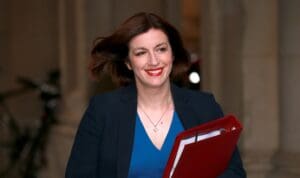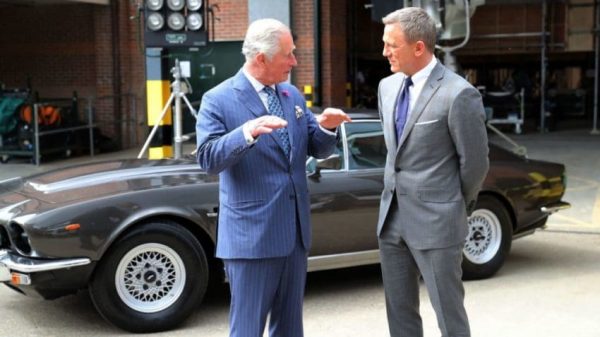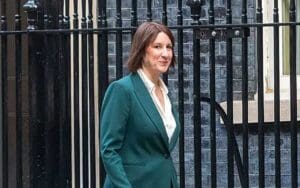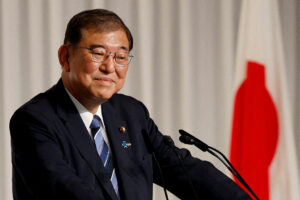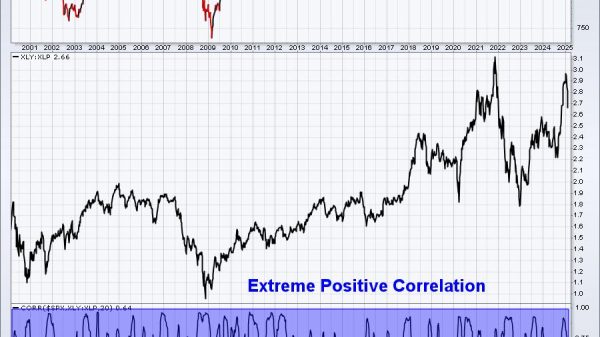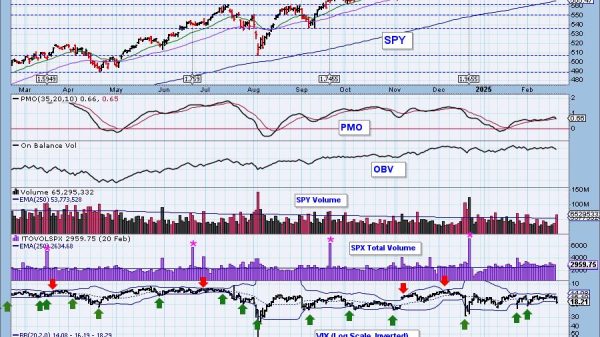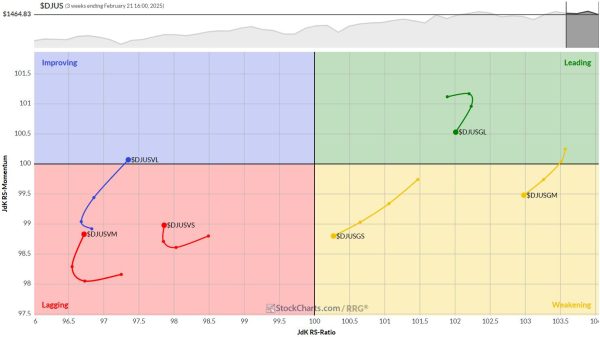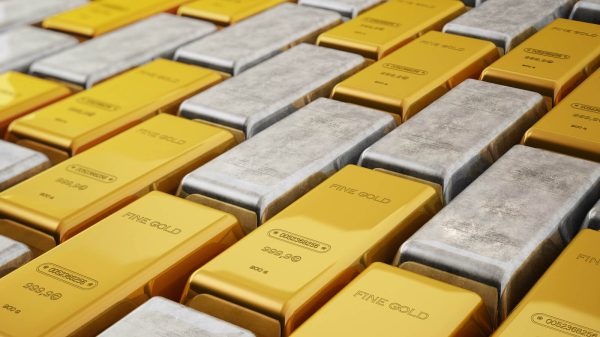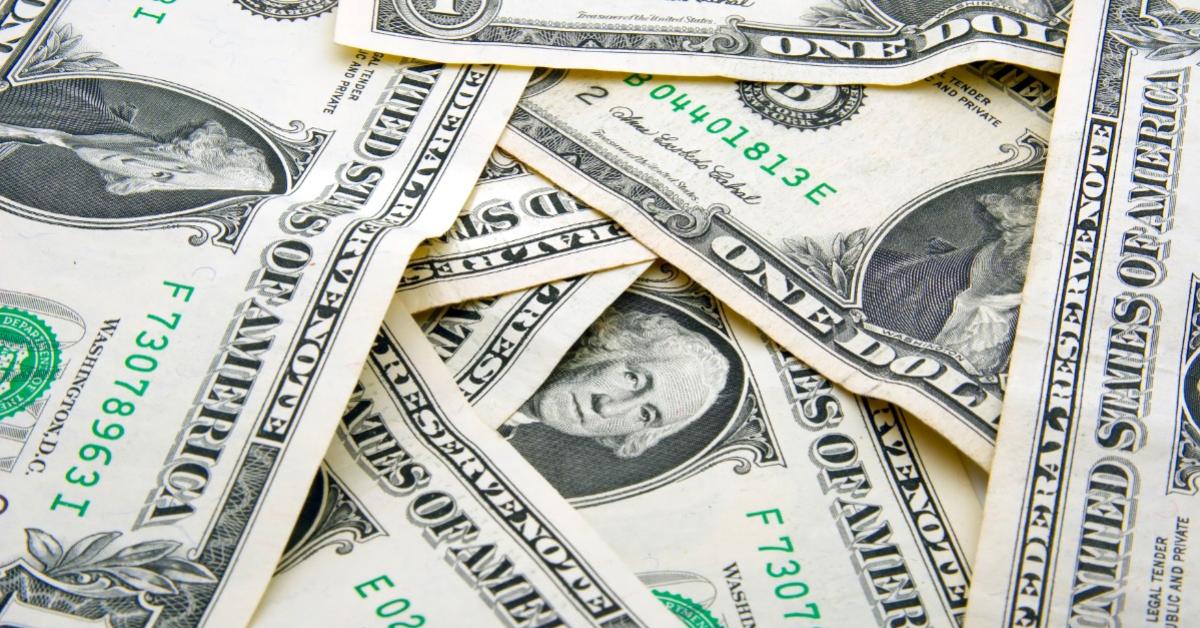According to popular thinking, the government’s definition of money is of a flexible nature. Sometimes it could be M1, and at other times it could be M2 or some other M money supply. M1 includes currency and demand deposits. M2 includes all of M1, plus savings deposits, time deposits, and money market funds. By popular thinking what determines whether M1, M2, or some other M is considered money is whether it has high correlation with key economic data such as the gross domestic product (GDP).
However, since the early 1980s, correlations between various definitions of money and the GDP have broken down. The reason for this breakdown, many economists believe, is that financial deregulation has made the demand for money unstable. Consequently, the usefulness of money as a predictor of economic activity has significantly diminished.
Some economists believe that the relationship between money supply and the GDP could be strengthened by assigning weights to money supply components. The Divisia indicator, named after the French economist François Divisia, adjusts for differences in the degree to which various components of the monetary aggregate serve as money. This, in turn, supposedly offers a more accurate picture of what is happening to money supply.
The primary Divisia monetary indicator for the US is M4. It is a broad aggregate that includes negotiable money market securities, such as commercial paper, negotiable CDs, and T-bills. By assigning suitable weights, which are estimated by means of quantitative methods, it is held that one is likely to improve the correlation between the weighted monetary gauge and economic indicators.
Consequently, one could employ this monetary measure to ascertain the future course of key economic indicators. However, does it make sense?
Defining Money
No definition of money can be established by means of a correlation. A definition is supposed to present the essence of the subject being identified.
To establish the definition of money, we must determine how a money-using economy came about. Money emerged because barter could not support the market economy. A butcher who wanted to exchange his meat for fruit would have difficulty finding a fruit farmer who wanted his meat, while the fruit farmer who wanted to exchange his fruit for shoes might not have been able to find a shoemaker who wanted his fruit.
The distinguishing characteristic of money is that it is the general medium of exchange. It has evolved from the most marketable commodity. According to Murray Rothbard:
Just as in nature there is a great variety of skills and resources, so there is a variety in the marketability of goods. Some goods are more widely demanded than others, some are more divisible into smaller units without loss of value, some more durable over long periods of time, some more transportable over large distances. All of these advantages make for greater marketability. Eventually, one or two commodities are used as general media—in almost all exchanges—and these are called money.
With money, the butcher can exchange his meat for money and then exchange money for fruits. Likewise, the fruit farmer could exchange his fruit for money. With the obtained money, the fruit farmer can now exchange it for shoes. The reason why all these transactions become possible is because money is the most marketable commodity (i.e., the most accepted commodity).
According to Rothbard:
Money is not an abstract unit of account, divorceable from a concrete good; it is not a useless token only good for exchanging; it is not a “claim on society”; it is not a guarantee of a fixed price level. It is simply a commodity.
It follows then that all other goods and services are traded for money. This fundamental characteristic of money is contrasted with other goods. For instance, food supplies the necessary energy to human beings. Capital goods permit the expansion of the infrastructure that, in turn, permits the production of a larger quantity of goods and services. Contrary to the mainstream thinking, the essence of money has nothing to do with financial deregulation as this essence will remain intact in the most deregulated of markets.
Some commentators maintain that money’s main function is to fulfill the role of a means of savings. Others argue that its main role is to be a unit of account and a store of value. While all these roles are important, they are not fundamental. The basic role of money is to be a medium of exchange, with other functions such as unit of account, a store of value, and a means of savings arising from that role.
Through an ongoing selection process over thousands of years, individuals have settled on gold as money. In today’s monetary system, the money supply is no longer gold, but metal coins and paper notes issued by the government and the central bank. Consequently, coins and notes constitute money, known as cash, that is employed in transactions.
Distinction between Claim and Credit Transactions
At any point in time, an individual can keep money in a wallet or somewhere at home or deposit the money with a bank. In depositing money, an individual never relinquishes ownership over the money having an absolute claim over it.
This contrasts with a credit transaction, in which the lender of money relinquishes a claim over one’s money for the duration of the loan. As a result, in a credit transaction, money is transferred from a lender to a borrower. Credit transactions do not alter the amount of money. If Bob lends $1,000 to Joe, the money is transferred from Bob’s demand deposit or from Bob’s wallet to Joe’s possession.
Why Are Various Popular Definitions of Money Misleading?
Consider the money M2 definition, which includes money market securities, mutual funds, and other time deposits. However, investing in a mutual fund is, in fact, an investment in various money market instruments. The quantity of money is not altered because of this investment; only the ownership of money has temporarily changed. Hence, including mutual funds as part of money results in double counting.
The Divisia monetary gauge is of little help in establishing what money is. Because this indicator was designed to strengthen the correlation between monetary aggregates such as M4 and other Ms with an economic activity indicator, the Divisia gauge can better be seen as an exercise in curve fitting.
The Divisia of various Ms, such as the Divisia M4, does not address the double counting of money. The M4 is a broad aggregate and includes a mixture of claim and credit transactions (i.e., a double counting of money). This generates a misleading picture of what money is.
Applying various weights to the components of money cannot make the definition of money valid if it is created from erroneous components. Furthermore, even if the components were valid, one does not improve the money definition by assigning weights to components.
The introduction of electronic money has supposedly introduced another confusion regarding the definition of money. It is believed that electronic money is likely to make the cash redundant. We hold that electronic money is not new money, but rather a new way of employing existing monetary transactions. Regardless of these new ways of employing money, definitions and the role of money do not change.
Conclusion
The attempt to strengthen the correlation between various monetary aggregates and economic activity by using variable weighting of money supply components defeats the definition of money. The essence of money cannot be established by means of a statistical correlation, but rather by understanding what money is about.


